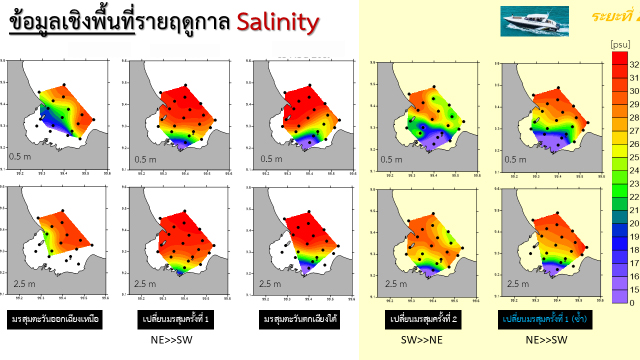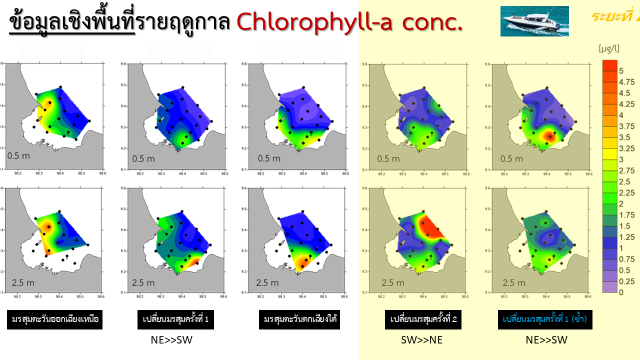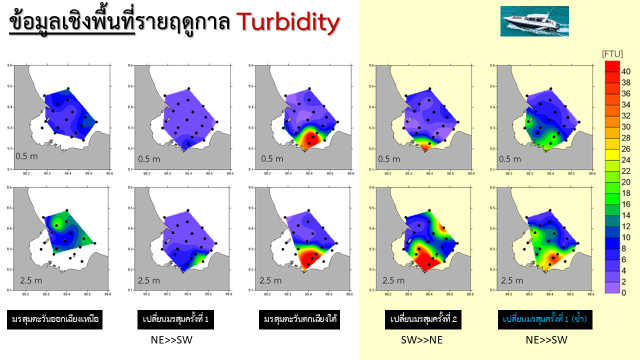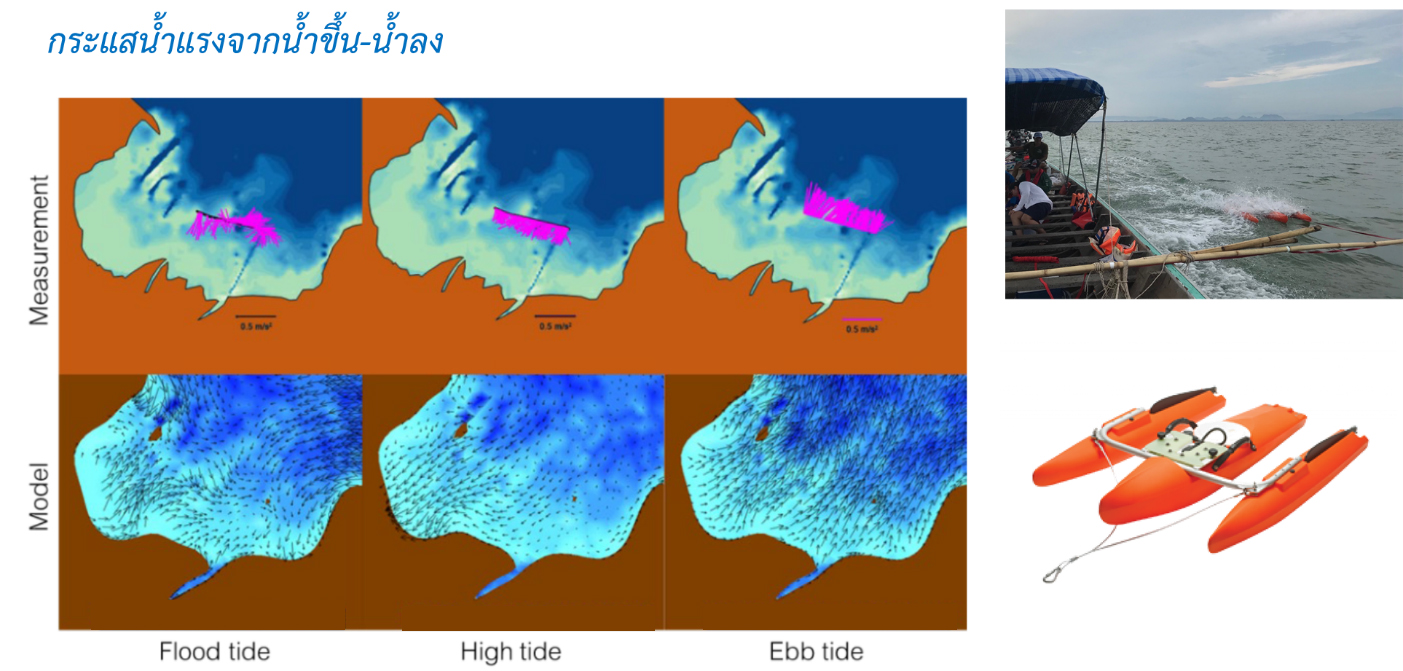WU Scientist, a National Expert Committee, participates in Thai Fishery Improvement Plan.
Asst. Prof. Dr. Amonsak Sawusdee, a lecturer in the School of Science at Walailak University, has been appointed by the Department of Fisheries to be the National Scientific and Technical Committee for advising fisheries plans in Thailand, including preventing overfishing and minimizing the impact of fisheries on the aquatic ecosystems: physical, chemical, and biological alterations. He has been appointed to three national academic committees, namely Thailand’s National Scientific and Technical Committee, Technical Committee on the Assessment for Sustainability and Appropriate Reference Point Determination in Marine Animals Management, and the Committee on Sustainable Blue Crab Management of Thailand by acting in the drafter of the country’s fisheries strategy and prepare a plan to manage the blue crab resource area. The details are in the attached document link.
As part of the resource management plan for the biological aspects of Ban Don Bay, located nearby WU, Research team has been continually doing research and academic service projects which aimed to restore resources and upgrade the blue crab fishery to follow the international standards (Fishery improvement program: FIP). In 2022, The outcomes of the research showed the fishery solutions to minimize physical, chemical and biological alteration in Bandon bay. Also, the suggestions from research supported a management plan to reduce the effect of overfishing by defining management issues as follows:
Biological alteration:
- Promoting and raising awareness among local fishermen to catch blue crabs larger than 10 cm in size and bring berried female blue crabs to the local hatching stations and continually release and restore baby crab to the sea.
- Promoting blue crab activities and stations in suitable areas: Tha Chana District, Chaiya District, Don Sak District, and Kanchanadit District and releasing large amounts of blue crab larvae during high primary reproductive season, which has the right time and environment to have large amount of food for crab larvae in the bay; that is the reason why those areas are the essential nursery ground.
- Continuing research to track or establish a database of lost and discard fishing gear to reduce the impact of ghost fishing to both animals and ecosystems.
- Organizing ecological cleaning activities, especially in sensitive areas, for collecting lost fishing gear from the Bandon Bay ecosystem.
- Establishing an obvious measure to increase the spawning potential ratio (SPR) for determining the minimum landing size based on community participation
- Monitoring of blue crabs to know abundance status and apply or adapt for appropriate management practices regularly
Physical alteration:
- Stimulating fishermen in the area not to do fishing near shore and announcing the area as a nursery for young aquatic animals, especially the area suitable for crab embryo habitat (Tha Chana, Donsak)
- Encouraging fishermen to use legal poaching, 2.5-inch nets, which will reduce the impact of illegal fishing gears to the sea floor.
3. Evaluating the impacts of waves, erosion and the deposition of sediment and utilizing coastal areas
4. Managing areas for proper usage which does not lead to the deterioration of coastal areas and Ban Don Bay
Chemical alteration:
1. Requesting cooperation or regulating activities on shore and land that does not cause additional heavy metal accumulation
2. Promoting chemical-free agriculture to minimize chemical substances entering the ecosystems of Ban Don Bay
3. Tracking the water quality for chemical substances and nutrients, including nitrite, nitrate, phosphorus, and other chemical parameters, with the purpose of managing vulnerable areas, including spawning grounds and seagrass areas.







By implementing a resource management plan using data from research in order to reduce the overuse of aquatic animals and promote spatial management, In 2022, Walailak University won the AIC Award in the field of projects that affect the national economy, considering the results of all 75 provinces of Thailand Awarded by the Ministry of Agriculture and Cooperatives.
Goal 14: Life below water
Goal 4: Quality education
Goal 17: Partnerships for the Goals

